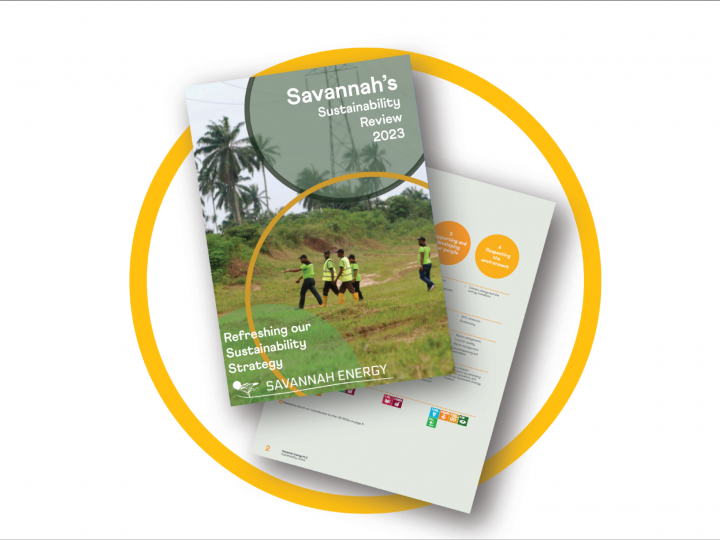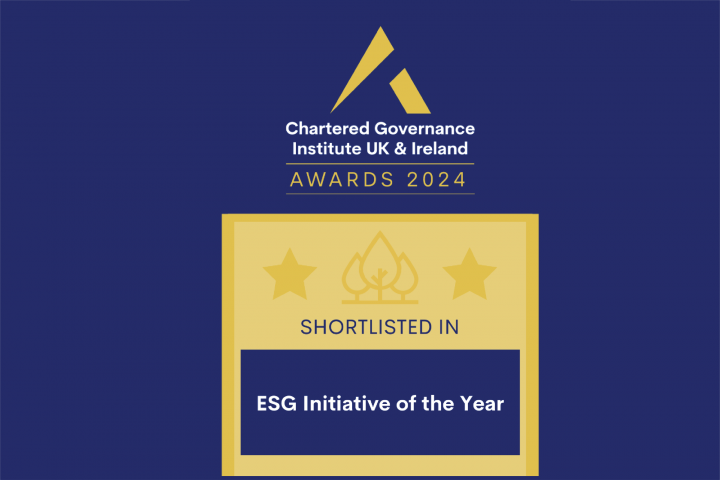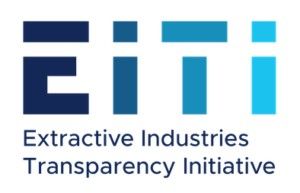Pillar one: Promoting socio-economic prosperity
The first pillar of our sustainability strategy is to promote socio-economic prosperity within the countries in which we…
Read moreOur sustainability strategy is focused on four strategic pillars which are aligned with the 13 key United Nations Sustainable Development Goals (“UN SDGs”) where we believe Savannah can have the biggest economic, environmental, social and governance impact to achieve a better and more sustainable future for all.
| Material issues | Important issues | Topics to monitor | Ambitions | Aligned with UN SDGs | |||||||||
|---|---|---|---|---|---|---|---|---|---|---|---|---|---|
|
|
|
|
|
| Material issues | Important issues | Topics to monitor | Ambitions | Aligned with UN SDGs | |||
|---|---|---|---|---|---|---|---|
|
|
|
| Material issues | Important issues | Topics to monitor | Ambitions | Aligned with UN SDGs | |||
|---|---|---|---|---|---|---|---|
|
|
|
|
| Material issues | Important issues | Topics to monitor | Ambitions | Aligned with UN SDGs | ||||||
|---|---|---|---|---|---|---|---|---|---|---|
|
|
|
|
|
In line with best practice, we conducted a double materiality assessment in Q1 2024 to ensure we remain current on the sustainability issues which are relevant to Savannah and our stakeholders. This involved extensive consultations with internal and external stakeholders. In a double materiality assessment, each topic is evaluated from two perspectives:
For our 2023 materiality assessment, we chose to broadly align our material issues with the topic categories from the GRI Sector Standard for Oil and Gas (GRI 11: Oil and Gas Sector 2021). This standard focuses on topics that are relevant to companies operating in the oil and gas industry. We carried out a stakeholder engagement exercise to determine impact materiality, comprising a survey and workshops with 46 selected employees who acted as proxies to represent the views of our five key stakeholder groups:
Additionally, we conducted a separate assessment of the views of our shareholders, whom we engaged with directly by means of surveys. The findings of the impact materiality assessment were discussed at a workshop with the senior executive team, which then provided its input on financial materiality from the Company’s perspective.
The key outcomes of our latest materiality assessment are shown in the materiality matrix below:

While anchoring our strategy around the 13 most relevant UN SDGs to Savannah, we have chosen to integrate additional sustainability reporting and performance standards into our sustainability performance and reporting framework. These have been selected on the basis of those most relevant for our sector and of most importance to our stakeholders. As we continue to grow our footprint in Africa, we will continue to evaluate our approach and the evolving priorities of our stakeholders so that we are best positioned to contribute to the prosperity of our host nations and strengthen our capacity to succeed.





This award honours sustainability reports that successfully showcase an organisation’s commitment to communicating its CSR/ESG principles, and the way it informs and influences its stakeholder groups. Entries had to demonstrate ease of access to key information, including metrics, and the relationship between the work done, the business strategy and the impact made. Savannah entered our 2023 online Sustainability Review in this category, beating both Marks and Spencer Group plc and Prudential plc to take joint silver with Antofagasta plc, with United Airlines taking the gold.

Shortlisted for ‘ESG Initiative of the Year’ at the 2024 Chartered Governance Institute UK & Ireland Awards.

Savannah is proud to be a member of the Extractive Industries Transparency Initiative (“EITI”) in support of EITI’s mission to promote the open and accountable management of oil, gas and mineral resources.